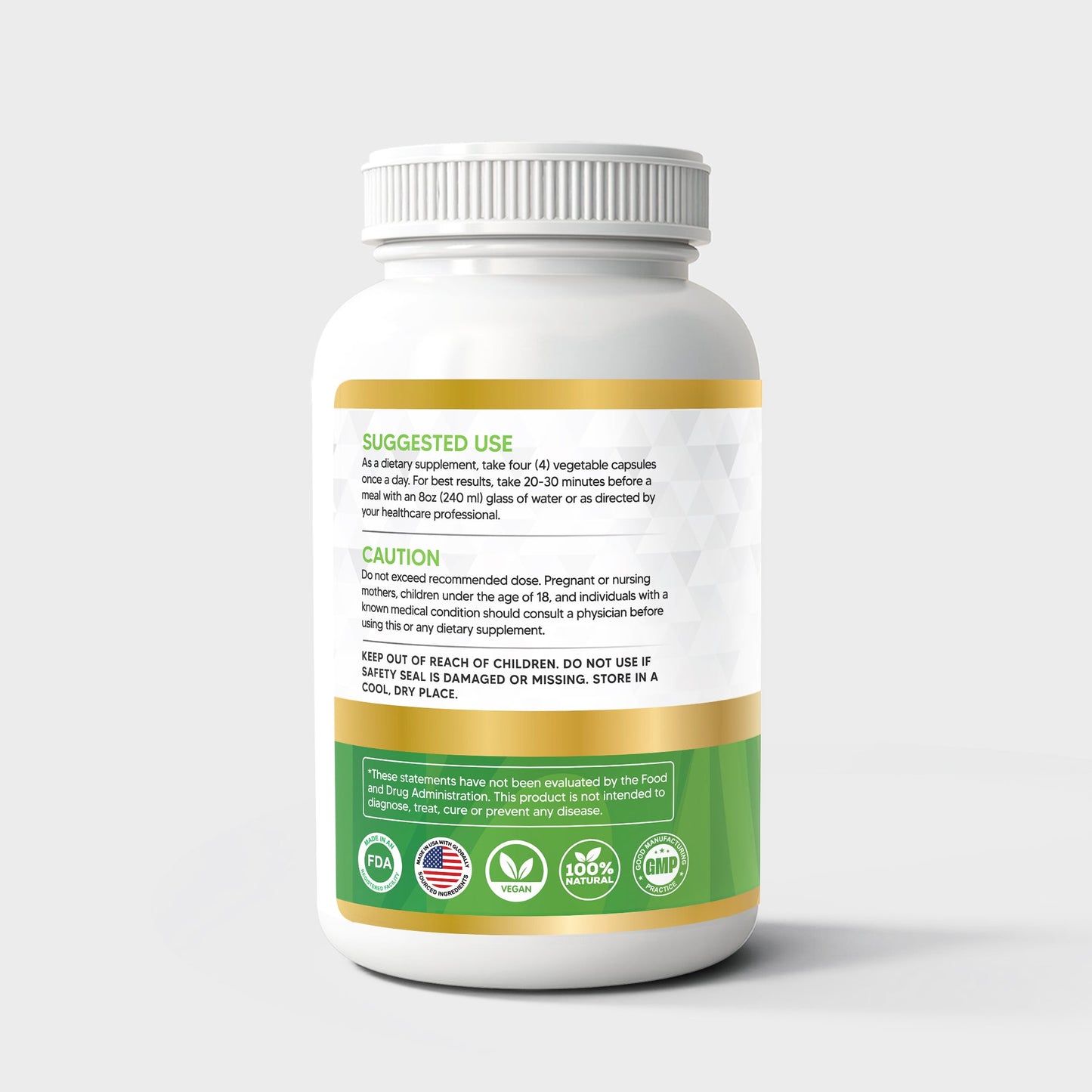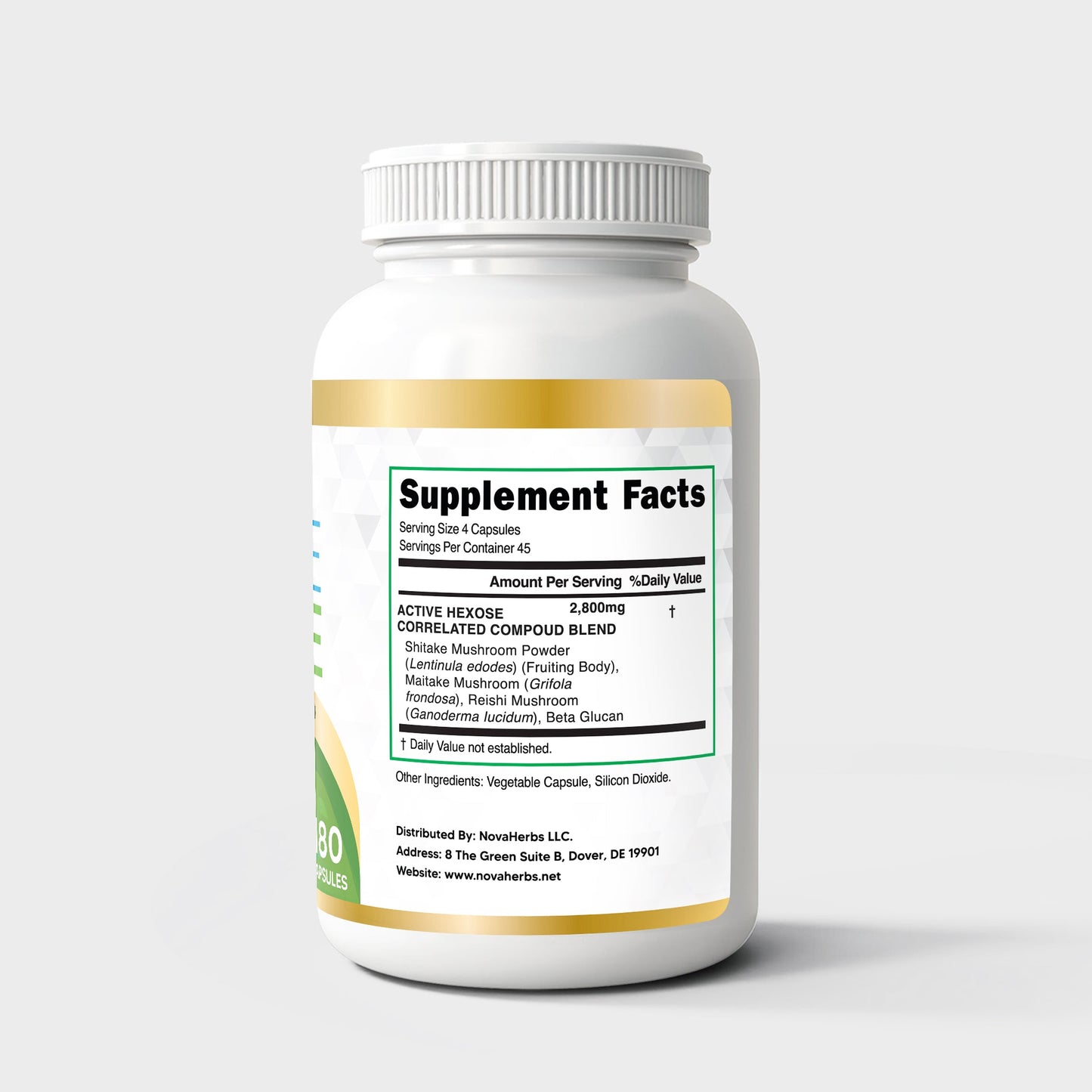Human Papillomavirus (HPV) is one of the most common sexually transmitted infections in the world. In fact, most sexually active people will contract HPV at some point in their lives, often without even knowing it. While many conversations around HPV focus on cervical cancer, abnormal Pap smears, or genital warts, one question is becoming increasingly common among couples trying to conceive:
Can HPV affect fertility?
Let’s explore the latest research, expert opinions, and what it all means for both men and women who are planning to start a family.
What is HPV?
HPV is a group of more than 200 related viruses. Some types are considered low-risk, causing warts, while others are high-risk, linked to cancers such as cervical, anal, penile, and throat cancers.
HPV is spread through intimate skin-to-skin contact, often during vaginal, anal, or oral sex. While many infections clear on their own without symptoms, some persist and lead to long-term health issues.
Does HPV Affect Fertility in Women?
The short answer: Yes, it can—but indirectly.
1. Cervical Changes and Fertility Treatment Complications
Persistent HPV infection can cause cervical dysplasia (abnormal cell changes) and lead to precancerous or cancerous lesions. Treatment for these changes—such as LEEP (Loop Electrosurgical Excision Procedure) or cone biopsies—can sometimes damage the cervix, making it harder for sperm to travel through or increasing the risk of miscarriage or premature birth.
These treatments don’t cause infertility directly, but they may complicate conception or pregnancy maintenance.
2. Increased Risk of Miscarriage
Some studies suggest a potential link between high-risk HPV and early pregnancy loss. Researchers believe the virus may affect the development of the embryo or disrupt the uterine environment. While more studies are needed, this association is concerning for couples with a history of miscarriage.
3. Impact on IVF Success
Some evidence indicates that women with active HPV infections may have lower success rates with in vitro fertilization (IVF). The presence of the virus in the uterine lining or reproductive tract might interfere with embryo implantation.
Does HPV Affect Male Fertility?
The role of HPV in male fertility is less studied, but research is starting to shed light on some important findings:
1. HPV Can Infect Sperm
HPV has been found in the head of sperm cells, and infected sperm may transmit the virus to the female reproductive tract. Some studies suggest that HPV-positive sperm may have reduced motility or abnormal morphology, both of which are linked to lower fertility.
2. Increased DNA Fragmentation in Sperm
HPV infection in men may lead to DNA fragmentation in sperm, which can impact embryo development or increase the risk of miscarriage. This is a growing area of concern in reproductive medicine.
3. Transmission Risk to Partner and Embryo
If a male partner is infected, he may unknowingly transmit HPV to his partner, which could affect her reproductive health, especially during fertility treatments or pregnancy.
Can Clearing HPV Improve Fertility?
There’s some good news here.
In many cases, clearing the HPV infection may improve reproductive outcomes. Most healthy immune systems can clear the virus naturally within 1–2 years. However, certain factors—like stress, smoking, or immune system weakness—may allow the virus to persist.
Ways to Support HPV Clearance:
-
Strengthen your immune system (healthy diet, exercise, stress management)
-
Consider supplements: Research suggests that AHCC (Active Hexose Correlated Compound), a natural extract from mushrooms, may help the body clear high-risk HPV strains.
-
Avoid smoking and excessive alcohol
-
Follow up regularly with your OB-GYN or fertility specialist
What to Do If You or Your Partner Has HPV and You’re Trying to Conceive
If you or your partner has HPV, don’t panic. It’s common, and many people with HPV go on to have healthy pregnancies. Here are some proactive steps to take:
1. Get Screened
For women, regular Pap smears and HPV tests can detect abnormal changes early. For men, while there’s no routine HPV test, sperm analysis and DNA fragmentation tests can help assess fertility.
2. Talk to a Fertility Specialist
If you’ve been trying to conceive for over 6 months (over 35) or a year (under 35) without success, a fertility consultation can uncover underlying issues, including possible HPV-related complications.
3. Treat Any Abnormalities Promptly
If you or your partner has genital warts or abnormal cell changes, work closely with your healthcare provider to manage them. Catching and treating problems early may help avoid complications down the road.
Bottom Line
HPV doesn’t directly cause infertility, but it can influence reproductive health in both men and women in subtle and serious ways. From affecting sperm quality and cervical health to influencing miscarriage rates and IVF success, HPV deserves careful consideration for anyone on a fertility journey.
The best course of action? Stay informed, get regular screenings, and support your immune system in every way you can. With the right knowledge and care, many people with HPV still go on to achieve their dream of parenthood.







